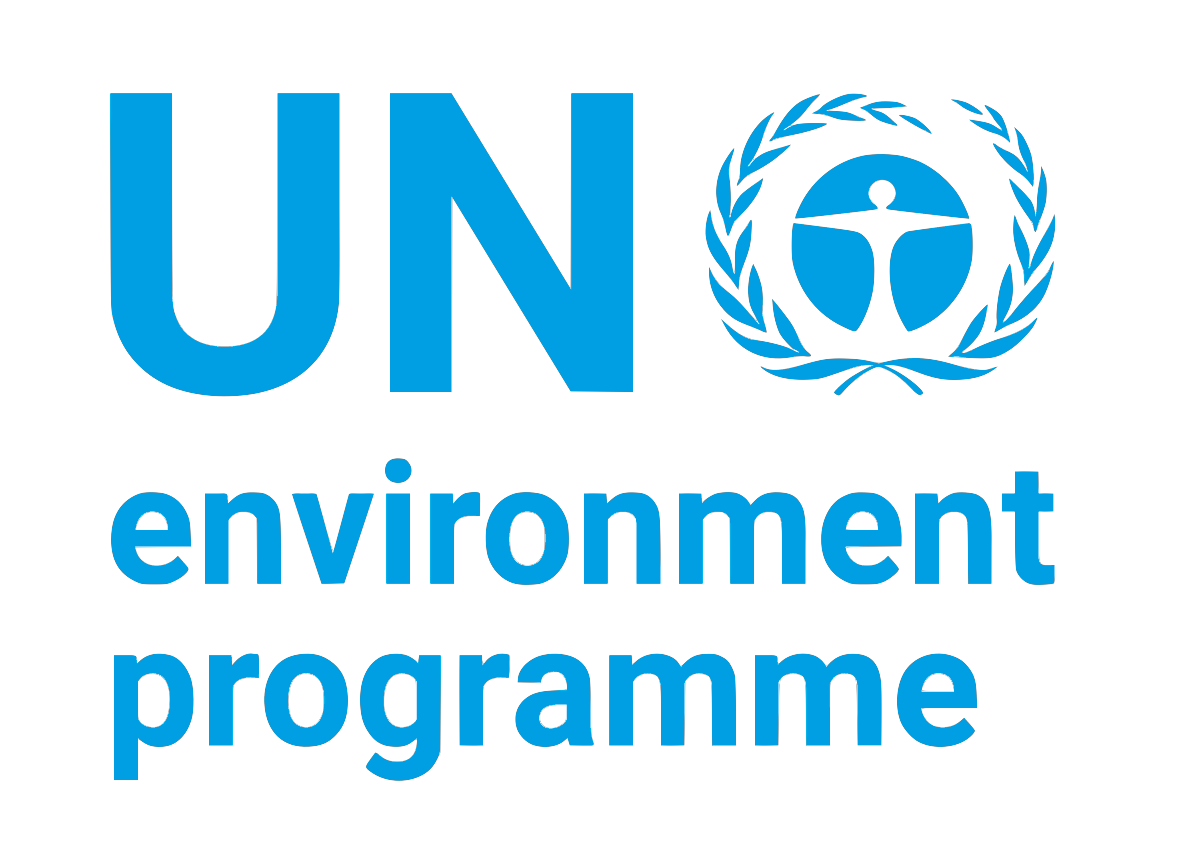Nigeria - Plastic Reboot
Nigeria
GEF ID:11193
Project Overview
The consumption of single-use plastic water sachets in Nigeria has become a major source of plastic pollution, with over 2.5 billion liters consumed annually. Today, there are over 32,000 sachet water producers nationwide. Once consumed, water sachets are often discarded, contributing to plastic pollution in the country, leading to clogged sewage systems, leakage in the ocean, harm to biodiversity and widespread diseases, among others. This poses hazards to the environment, biodiversity, and public health. While government efforts to improve pipe-borne water systems are ongoing, alternatives to plastic sachets are urgently needed given Nigerians' high reliance on packaged water.
Project Components
The overall objective of the project is to reduce plastic sachet consumption while ensuring access to safe drinking water through:
Strengthening federal and sub-national policies and capacities for accessible and safe drinking water;
Fostering public-private partnerships to ensure access to clean drinking water through circular solutions, eco-design and extended producer responsibility (EPR);
Piloting reuse and community-owned initiatives to demonstrate economic and environmental benefits;
Increasing public awareness and stakeholders engagement;
Ensuring communication and coordination throughout the project, especially with the Global Project.
Global Environmental Benefits
The project will deliver positive impacts thru GEBs including: 350,078 MT of avoided residual plastic waste pollution (CI 9.8), resulting in:
54.69 gTEQ persistent organic pollutants (POPs) to air reduced (CI 10)
1,868,657 metric tonnes of CO2e reduced (CI 6.7)








